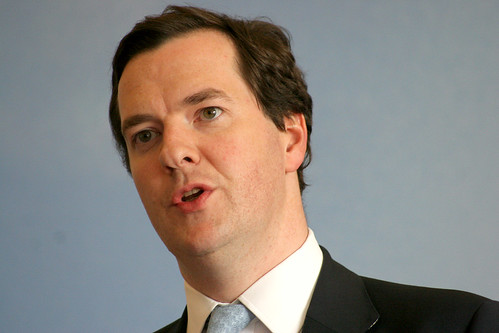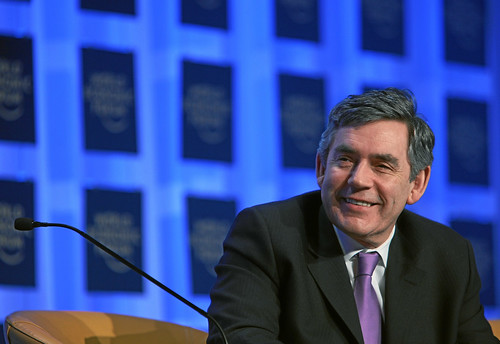Stumbling and Mumbling has another excellent post in opposition to my view on MPs salaries. He looks at ‘
MPs' pay in historic context’ and presents some interesting stats “in 2008, MPs were paid 2.58 times as much as the average worker.” “Putting it all together shows that MPs’ wages have trended upwards, relative to the average worker, since the late 70s.”
However, average wage is not the only metric worth looking at – as I responded to the above post – “what would it look like with the top 5%, 3%, 1%, etc.? Would those statistics make MPs salaries look less desirable (comparatively speaking)?” I do not know the answers to the questions that I pose*. The questions are pertinent, so much so in fact that I am willing to concede my argument entirely if the answers to my questions sufficiently undermine it.
I fear that by concentrating on the ‘average’ and ignoring the super-wealthy the left of the blogesphere are self-indulgently wallowing in an ‘I am lefter than thou’ mindset. I am arguing for inequalities for efficiency’s sake not for their own sake. The point I make is not necessarily a right-wing one – as I suspect some may consider it to be. If the top 1% were paid less, or taxed more then it would not be necessary to increase the salaries of MPs because they would be comparatively wealthier.
My discontent, which is not directed towards Stumbling and Mumbling – to whom I can only express admiration and admit my own inferiority, is that too many people react on their perceptions without properly researching the subject or considering all the relevant factors. I am guilty of this in this instance, but unlike many others, I admit and am aware of the weaknesses of my argument.
Update
On salary alone, the MP's household is above about 91% of the population - 55 million individuals. About 9% have household incomes higher than this.
And lump them both together (salary and expenses) - our honourable member sits above about 96% of the population - 58 million individuals. A working partner would push them higher still. [...]
The poorest we can make the MP appear in the population at large is to remove the expenses, continue to assume one income only for a two-adult household and give them three teenage children. That puts them roughly in the middle of the distribution, after adjusting for family circumstances. [...]
So are MPs badly paid? We have to ask on whose scale. Not by the standards of half the population or more, for whom they are rich. The top 5% might think otherwise, and perhaps it's those people we want in the job.
An additional consideration not factored is regional salary varience. In the context of London, MPs would appear comparitively worse-off still.



